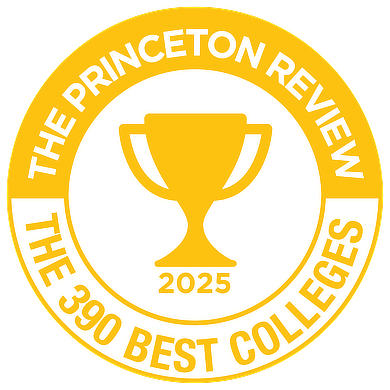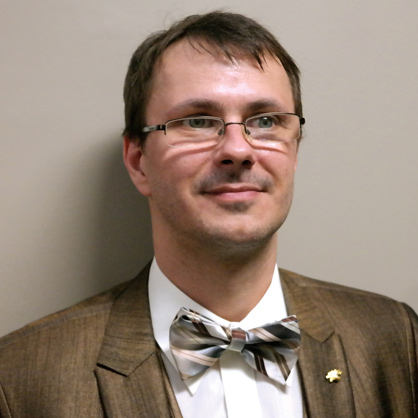Understand why physics is the foundation of all sciences and engineering
You’ll learn how physics forms the foundation of almost all branches of science and technology — how it has provided the microscopic basis for chemistry and stimulated important development in mathematics, for example. It underpins all of engineering and forms the basis for the pure and applied sciences, including the life sciences.
With a background in physics, you can pursue a number of scientific careers — university and government laboratory research, industrial research and development, applied science and engineering, biological and medical sciences, environmental research, and teaching at all levels.
Develop evidence-based and analytical skills
The discipline of physics is rigorously analytical, and that’s an especially useful learning experience today. Producing evidence and then arguing from that evidence is one of the most important life skills of the 21st century. It’s a skill that can lead to many careers in science, and even more so, to some outstanding careers outside of the field of science.
The study of physics sharpens your ability to develop ideas, to think critically, and most important, to become more aware of the details. This is as essential in the practice of law, in the launching of a start-up company, or in the development of quantum computers as it is in the study of cosmology.
+ Read More

